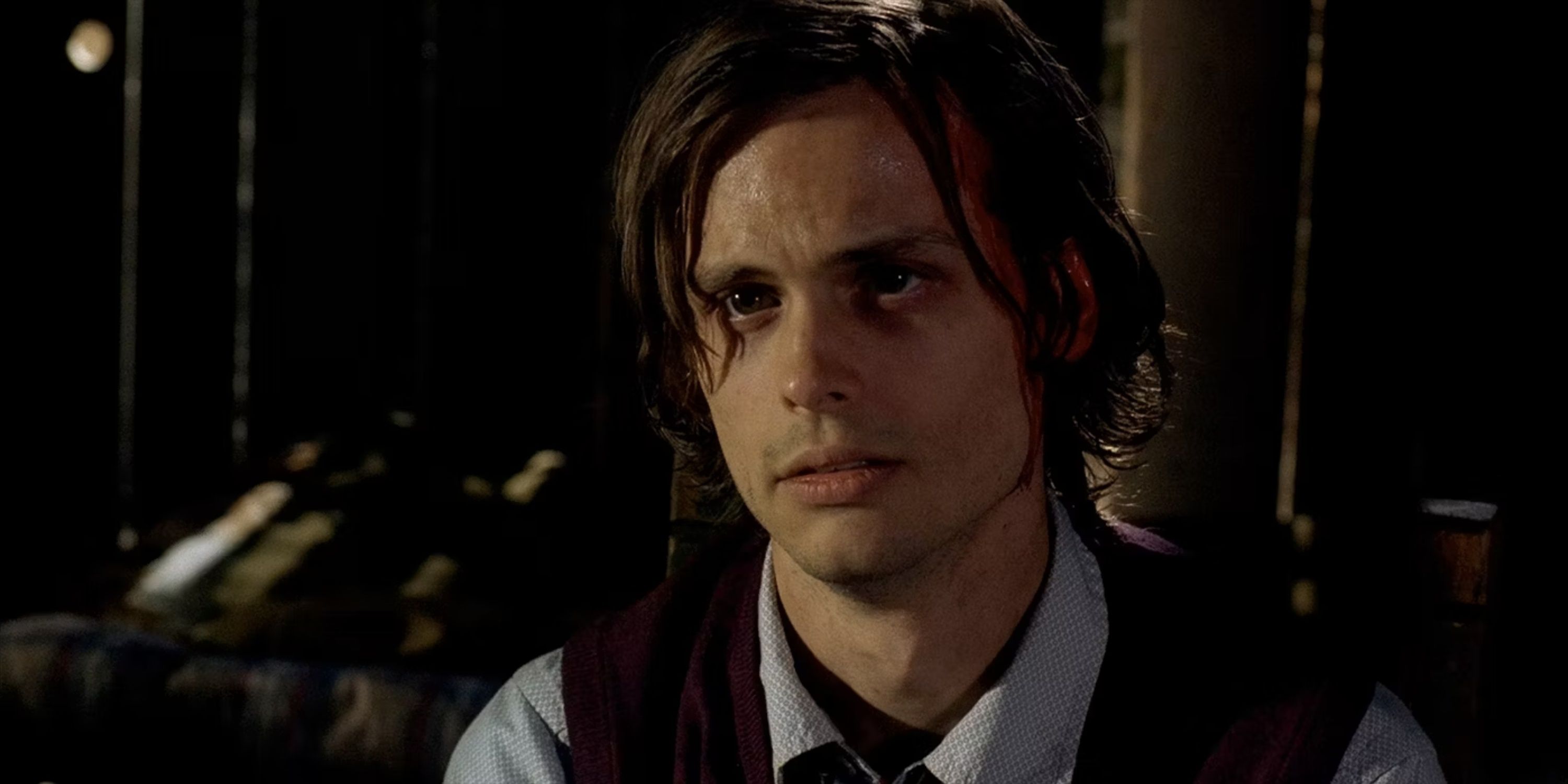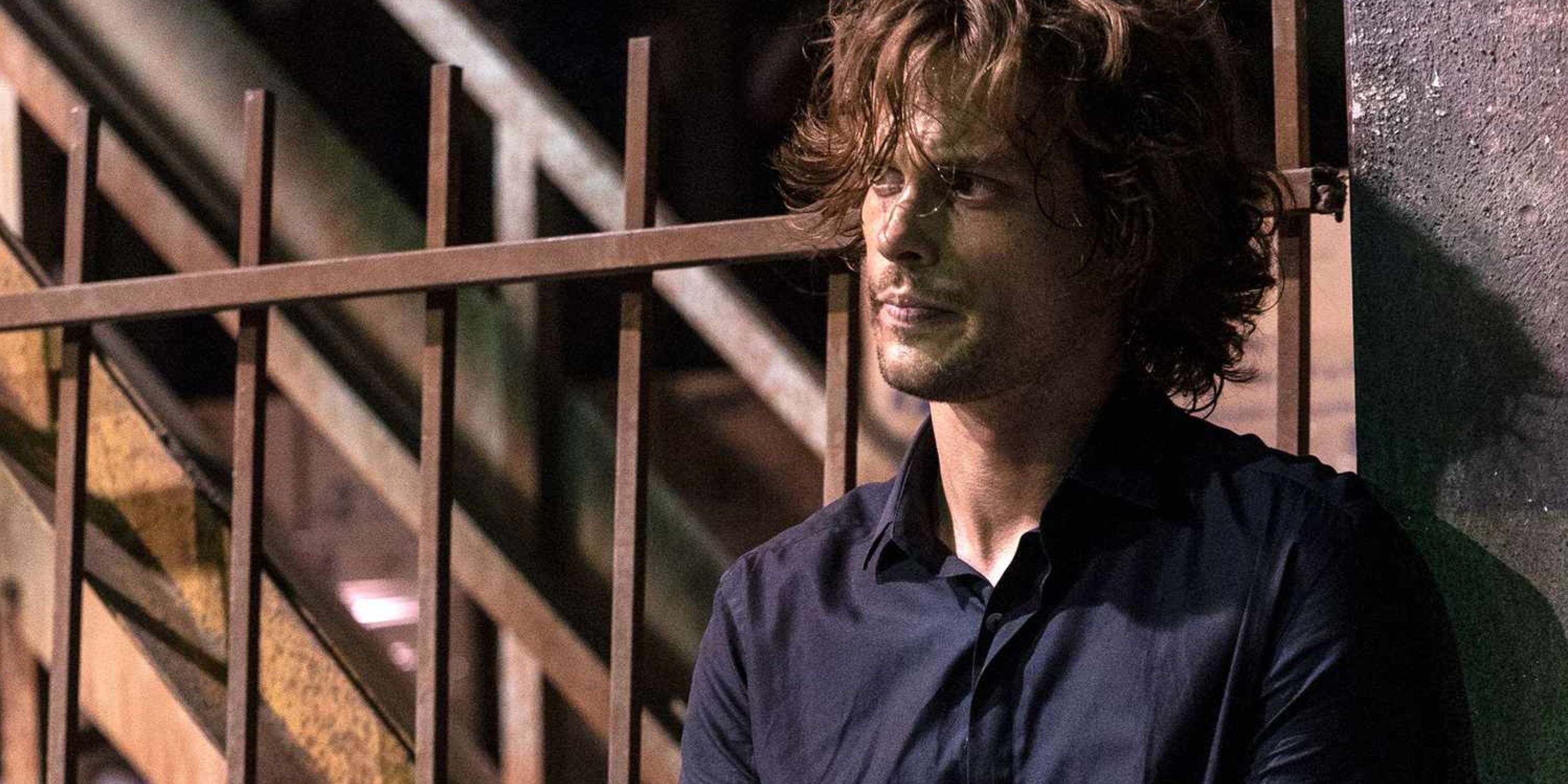Why Criminal Minds Dropped This Controversial Spencer Reid Storyline
Why Criminal Minds Dropped This Controversial Spencer Reid Storyline
Criminal Minds is full of fan-favorite characters whose stories become more complicated and layered as the show dives deeper into the troubled minds of serial killers. While many viewers are instantly attracted to Spencer Reid’s intelligence and good looks, his character starts catching hearts when the character reveals a more vulnerable side of himself — Reid struggled with drug addictions and PTSD.
As a profiler in the BAU, it’s almost impossible to not have a “bad moment” once in a while. However, Reid’s problem goes deeper than that. His addiction opens the door to the character’s past and gives viewers a more personal look at what lies beyond his excellence and likable personality. It makes Spencer Reid more relatable. However, the storyline is very soon abandoned by the show never to be revisited.
Updated by Jordan Iacobucci on September 23, 2024: Criminal Minds: Evolution revitalizes the police procedural franchise, even without Matthew Gray Gubler’s iconic character, Dr. Spencer Reid. As beloved as Reid was in the original series, not all of his storylines were well-received, including one Season 2 arc that saw the genius criminal profiler grapple with drug addiction. This article has been updated with additional information and adheres to CBR’s current formatting guidelines.
How Does Spencer Reid’s Addiction Begin?
Spencer Reid Begins Using Drugs After Being Abducted In Season 2



| The Criminal Minds Franchise | |||
|---|---|---|---|
| Series | Years | IMDb Rating | Streaming |
| Criminal Minds | 2005-2020, 2022-Present | 8.1/10 | Pluto TV Hulu Disney+ fuboTV Philo Paramount+ |
| Criminal Minds: Suspect Behavior | 2011 | 6.2/10 | Buy/Rent on Apple TV |
| Criminal Minds: Beyond Borders | 2016-2017 | 6.2/10 | Buy/Rent on Apple TV |
In Season 2 of Criminal Minds, Reid is captured when A.J. Cook’s character, Jennifer Jaraue, is investigating a crime. Reid and JJ split up during their investigation, which eventually leaves Reid stranded in a cornfield with their suspect, Tobias Hankel. Hankel suffers from multiple personality disorder. This causes him to switch between three personas: Tobias, Charles (Tobias’ father), and Raphael (the one who kills in the name of God). Eventually, Hankel captures Reid and keeps him alive, waiting for Spencer to commit a sin that would give Rafael a reason to kill him.
Charles tries to torture Spencer Reid for a confession, and when Tobias comes back, he injects Reid with Dilaudid to help him cope with the pain. Dilaudid is a derivative of morphine, and even without misuse, regular use of the drug can cause dependency, addiction, overdose and even death. In the episode, Hankel repeatedly gave Reid pain medication within a short amount of time. As a result, Reid nearly overdosed and subsequently became dependent on it.
Reid witnessed Hankel killing his next pair of victims on the screen and blamed himself for it. He also suffered from PTSD from the traumatic experience. Despite Gideon trying to convince Reid that he was not responsible for the crime committed by Hankel, it took a toll on him emotionally. When Tobias came back with the drug, Reid tried to play Tobias to help him escape. Reid initially rejected the drug given to him, but he admitted to Hankel that it did help him escape from what he was going through and agreed to the injection. Dilaudid allowed him to escape from the torture, but it also opened up the guilt and emotional wounds Reid had developed during his childhood in a broken home.
Spencer Reid’s Drug Addiction Story Is Never Resolved
Criminal Minds Drops Spencer Reid’s Controversial Storyline Suddenly

Spencer Reid ends up killing Tobias Hankel in self-defense, and without the team knowing, he also steals all of Hankel’s drugs. Reid not only becomes physically dependent on drugs but also emotionally and mentally. His addiction goes hand in hand with trauma and unresolved emotional wounds, which caused it to become his most effective coping mechanism. Reid goes back to work in the next episode, seemingly recovered from his abduction on the outside. However, his symptoms progressed over the next couple of episodes. He was distracted and struggling internally, hiding the addiction from the rest of the team.
| Trivia |
|---|
|
Certain aspects of the cases the team investigated also triggered him greatly. Reid was forced to relive the trauma over and over again, seeking release from abusing the substance. He also went the distance to obtain more drugs when his supply ran out. His behavior, personality and appearance changed, enough for people around him to become worried. Addiction is often a lifetime struggle. However, in the case of Spencer Reid, he barely struggled with it past a few episodes. It’s mentioned a couple of times, but Reid’s addiction seems to have disappeared without any real resolution, given the severity of his problem. Reid seemed to have recovered from it fully and never suffered any relapse. Criminal Minds simply moved on from the storyline and never paid another visit again.
Matthew Gray Gubler Didn’t Feel 100% Comfortable With the Story Arc
Spencer Reid’s Arc Was Dropped Because Of Behind-the-Scenes Hesitancy

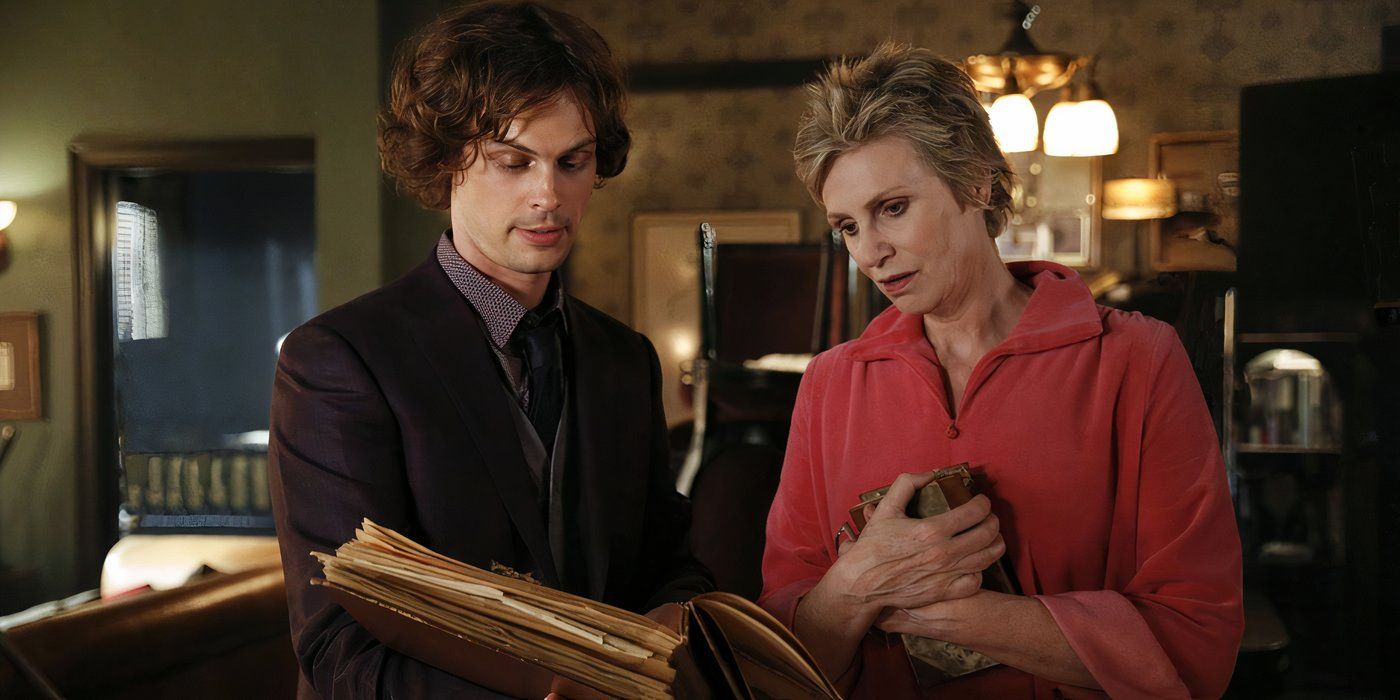
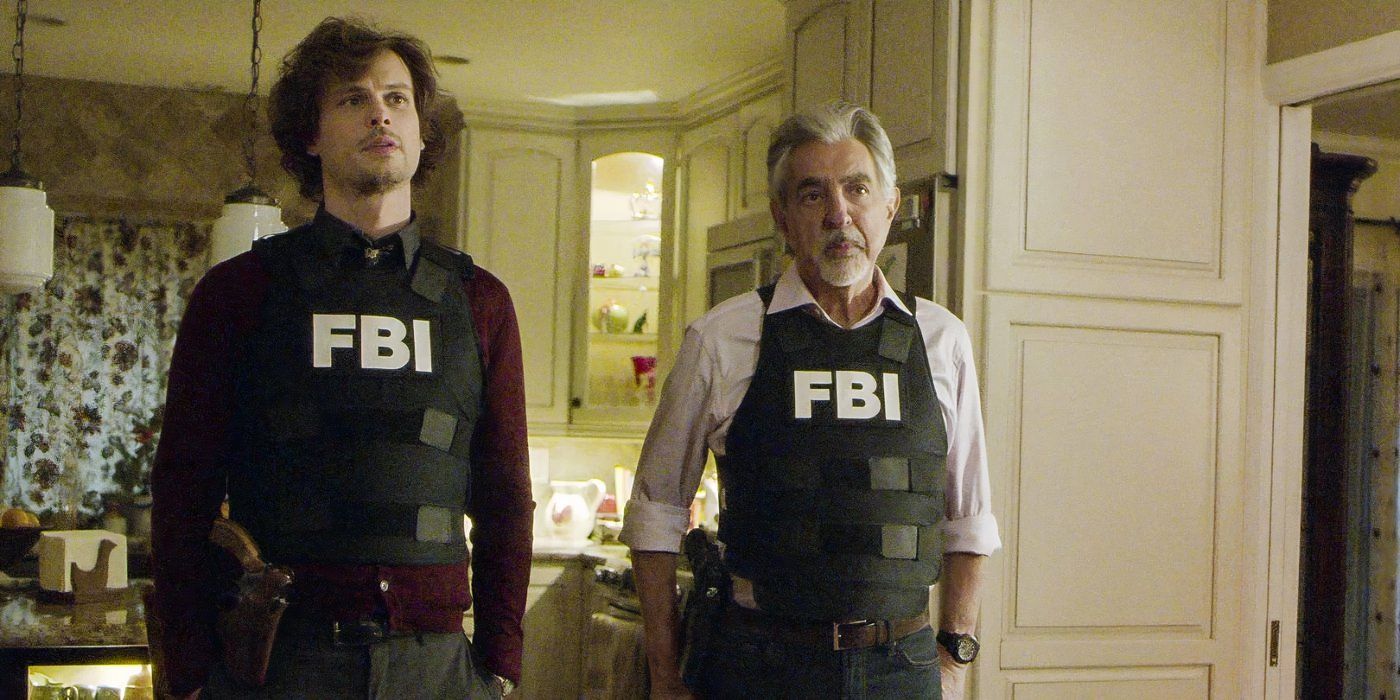
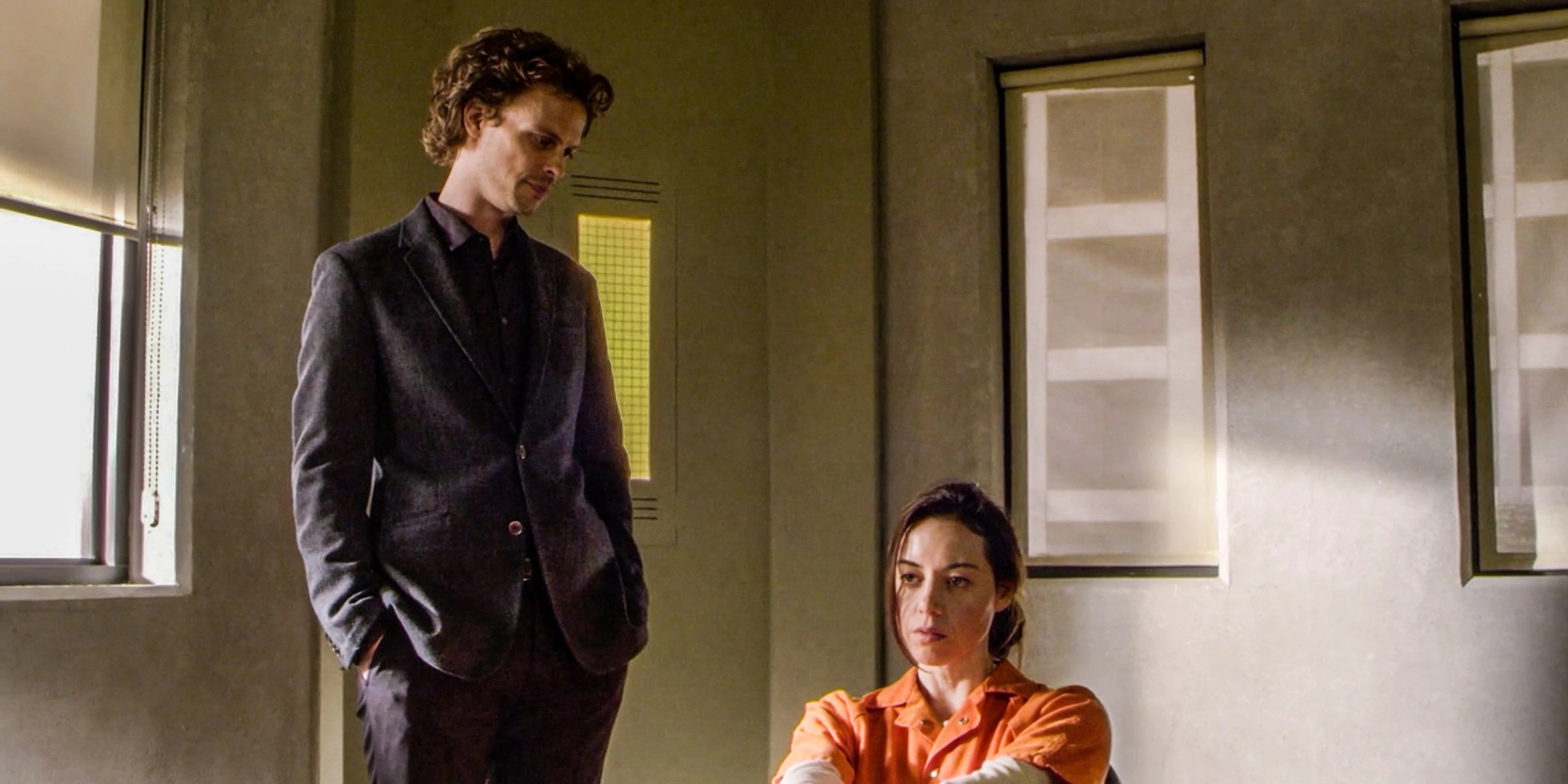
Though addiction makes Matthew Gray Gubler’s boy genius more relatable, Reid’s actor also voiced some concerns about the development harming the character’s likability among viewers in the long run. “He’s wondering whether he can even still function at his job,” Gubler said to TV Guide in an interview about Reid’s drug addiction storyline. “I usually try to make Reid lovable, so this is killing me. I think fans are going to hate him, but [the addiction] makes him human.” Reid struggled with being able to function at his job almost immediately. While going back and forth with addiction makes the character more real, it could easily backfire when fans are exposed to Reid’s dark side a little too much. Reid becomes mean, easily irritated, defensive and aggressive when he’s on drugs.
He’s wondering whether he can even still function at his job, I usually try to make Reid lovable, so this is killing me. I think fans are going to hate him, but it makes him human.
When Emily Prentiss tried to team up with Reid on geographical profiling and victimology in Season 2, Episode 17, “Distress,” he responded defensively, suggesting that she didn’t think that he could handle the task on his own. At this point, Reid’s appearance also started to change. Instead of keeping his hair neat and groomed, he had a longer and messier hairstyle. His facial expression and attitude also took a dark turn. Gubler had a point about his character. It makes sense that his addiction has to be dropped from the show because Gubler’s character is too important to Criminal Minds. Reid’s drug addiction storyline could easily backfire if pushed too far. It goes against everything fans like about the character, making him a villain. Due to the nature of his job, if Reid keeps relapsing, it could also potentially get him fired, making it too risky of a storyline to continue for more than a handful of episodes.
Reid’s Drug Addiction Is One of Fans’ Most Hated Storylines
Criminal Minds Fans Didn’t Like To See A Fan-Favorite Suffer
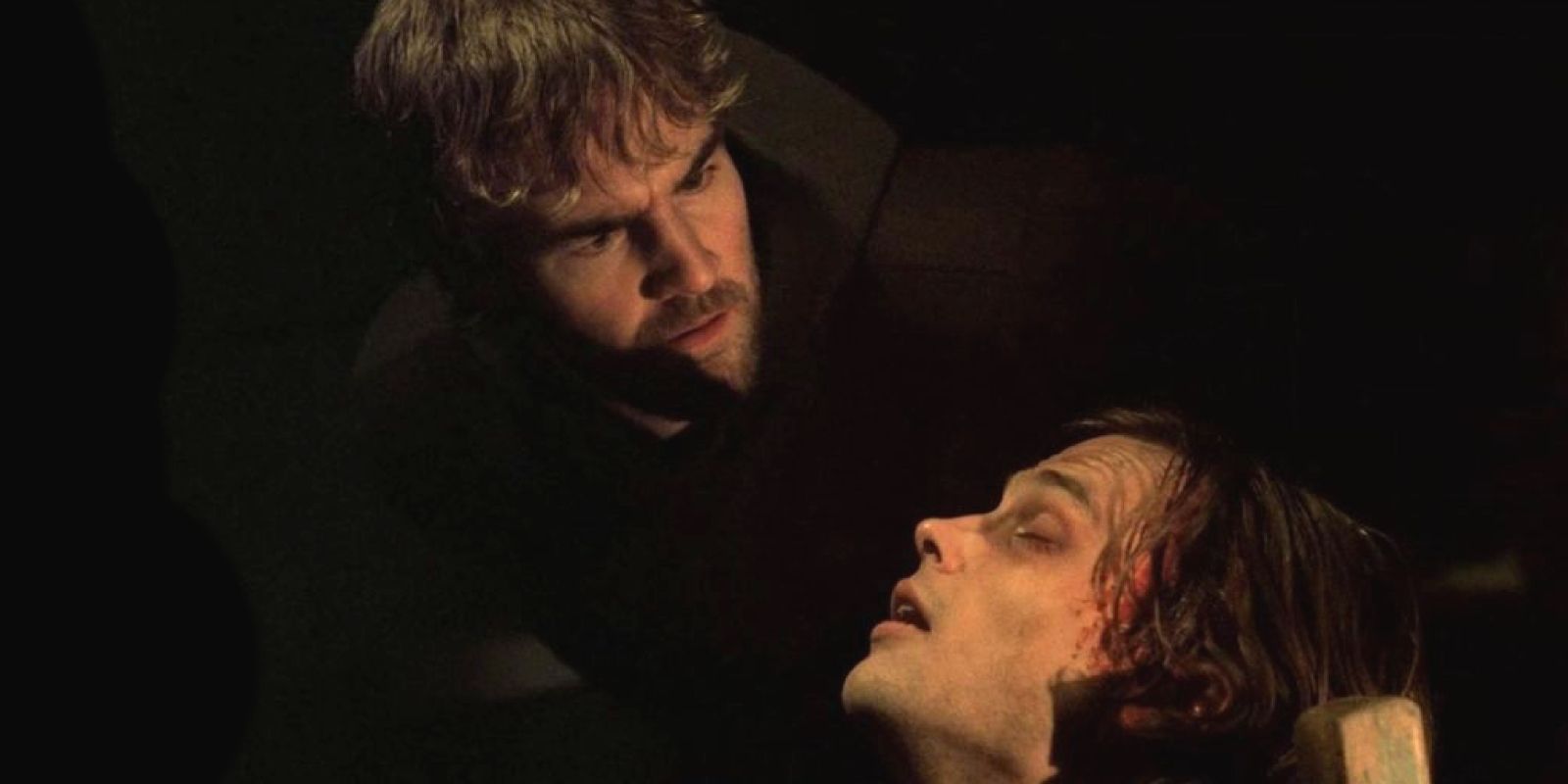
Because of the lack of resolution and development, many fans feel dissatisfied by the storyline’s absence from the show in later seasons. Reid’s addiction problem also has a deep tie to his childhood trauma and unresolved emotional issues, which causes him to pull back and be aggressive toward those who are just trying to help. Relapses happen even when a person is getting the help they need, but getting help is only the first step. There’s so much more to recovery and personal growth that the show doesn’t cover. Reid’s addiction problem allows viewers to get to know him on a deeper, personal level, and when Criminal Minds abandons his story, it puts a wall between viewers and the character, which can cause many to feel unfulfilled.
Matthew Gray Gubler’s Selected Filmography
- Criminal Minds (2005-2020)
- The Alvin and the Chipmunks Franchise (2007-2015)
- 500 Days of Summer (2008)
- Life After Beth (2014)
- 68 Kill (2017)
- Dollface (2019-2022)
Criminal Minds has gone too far with Reid’s imprisonment only to diminish the seriousness and severity of his deep emotional issues. While Reid’s addiction problem makes him more relatable, the way this story arc is written out of the story is troublesome. Rather than addressing the underlying emotional trauma and stress that caused his drug use, the storyline simply stops at the acknowledgment of his problem just while fans are getting knee-deep into knowing the character. The character arc disappears at the height of its time when it’s only the beginning of Reid’s recovery.
Another problem is that fans find it hard to get past the inconsistency in Reid’s story. When Reid lost Maeve in Season 8, many viewers expected a scene about his struggle with substance given his history of using Dilaudid as a means to cope with painful experiences. Instead, there was not even a line referring to his struggle or if Reid had gone to a meeting to help him cope with the trauma of losing a loved one. The only time his problem was knowledge was when Emily Prentiss died. During a fight with JJ, Reid admitted that he thought about using the drug again.
Why Shows Sometimes Push Fan-Favorite Characters Too Far
Pushes To Make Characters Deeper Often Result In Fan Backlash

Spencer Reid isn’t the only fan-favorite character to undergo a heavily controversial storyline. It seems that many highly popular characters have at least one controversial arc at some point in their respective series. Whether it be Rory Gilmore’s infamous decision to drop out of Yale (and everything that came after) or Joey and Rachel’s ill-advised (and thankfully brief) relationship on Friends, television is full of storylines that left fans groaning. While not always the case, these storylines often come after a show has been on the air for several years. They may be a cheap way of getting a spike in viewership or to steer fan discourse toward a particular character. Typically, writers will eventually course-correct after viewers voice their displeasure. Chances are, whatever change was made wasn’t meant to be permanent anyway.
| Trivia |
|---|
|
However, controversial storylines featuring popular characters aren’t always so nihilistic. Sometimes, writers see the popularity around a specific character and wonder if there are ways to expand that individual beyond what fans are used to seeing. Controversial storylines can sometimes come from a desire to challenge a character and see what they’re truly made of. This can go extremely well or extremely poorly, depending on fan reaction. In cases like that of Dr. Spencer Reid, audiences hated seeing their favorite Criminal Minds character sink into a deep pit of despair and helplessness. It hurt his character more than helped him and writers quickly dropped the storyline before it went any further.
Thankfully, the Criminal Minds writers were able to rectify this before they did irreparable harm to Matthew Gray Gubler’s fan-favorite character. Spencer Reid went on to be one of the most celebrated characters in the show with plenty of other arcs that made much more sense for his personality.

